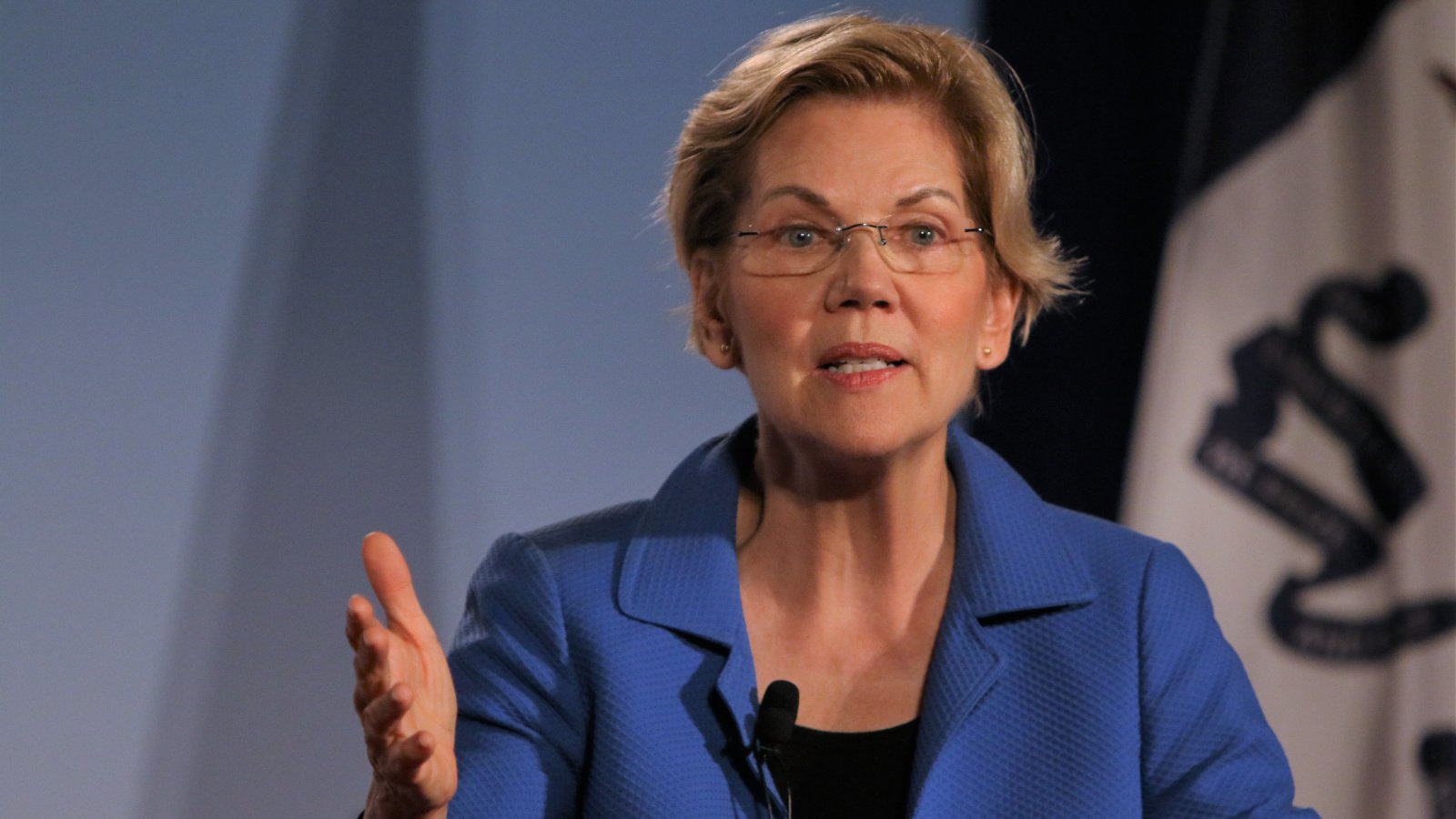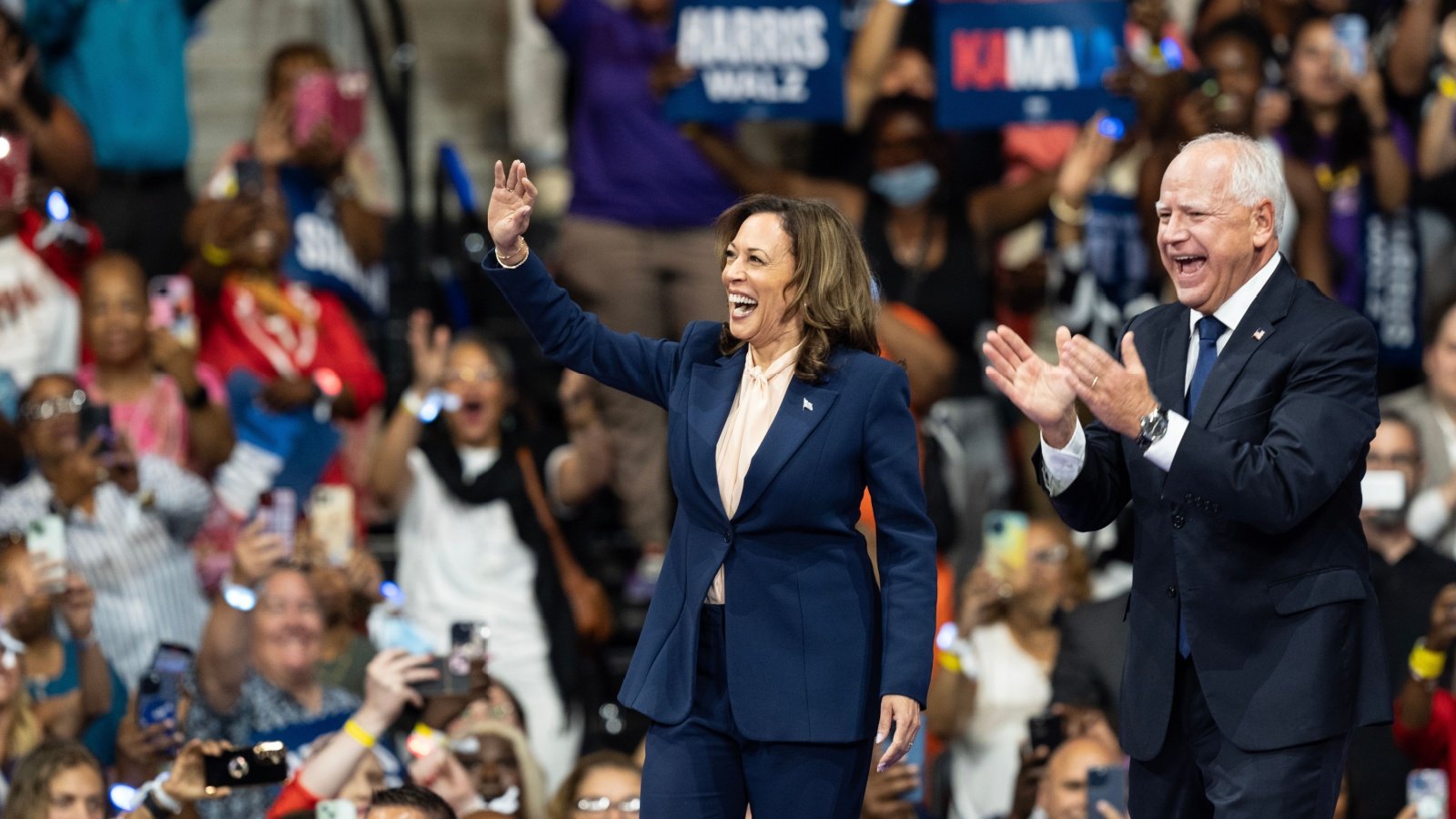President Joe Biden’s proclamation of March 31 as “Transgender Day of Visibility” on Easter Sunday has ignited a firestorm of controversy. Critics, led by Trump’s campaign and religious conservatives, accuse him of sidelining Christian values, while supporters defend the move as a stand for inclusivity.
Biden’s Bold Proclamation

On a day marked by spiritual significance for many, President Joe Biden took a stand by designating March 31 as “Transgender Day of Visibility.” His decree, a call to action for all Americans, aims to amplify transgender lives and voices, urging a collective push against discrimination and violence.
Easter Overlap Sparks Debate
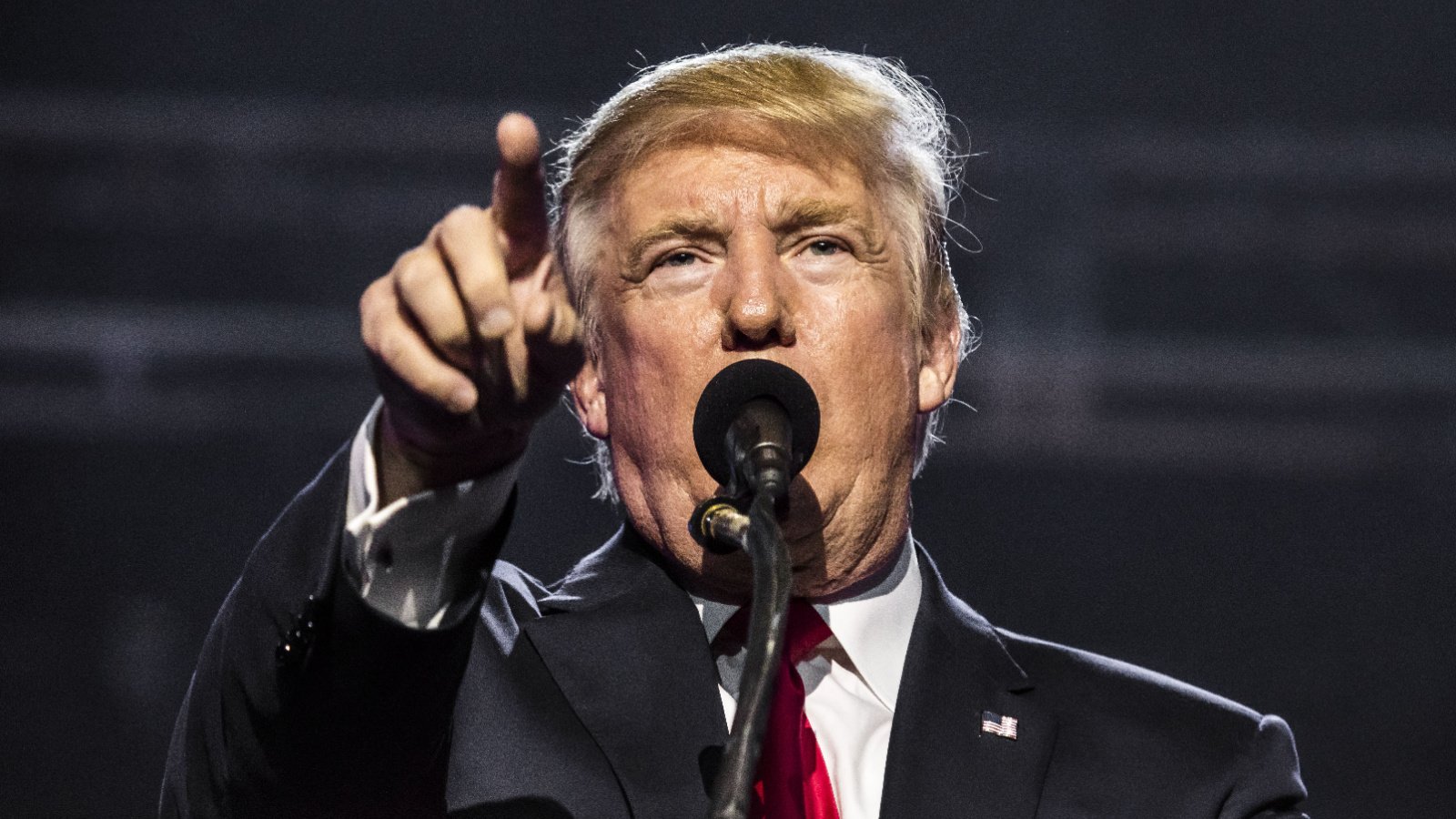
The choice to coincide this proclamation with Easter Sunday, a revered day in Christianity, has ignited a fiery discourse. Critics, particularly from Donald Trump’s campaign and conservative religious circles, accuse the President of disregarding religious sensitivities, questioning the timing amidst one of Christianity’s holiest days.
Calls for Apology
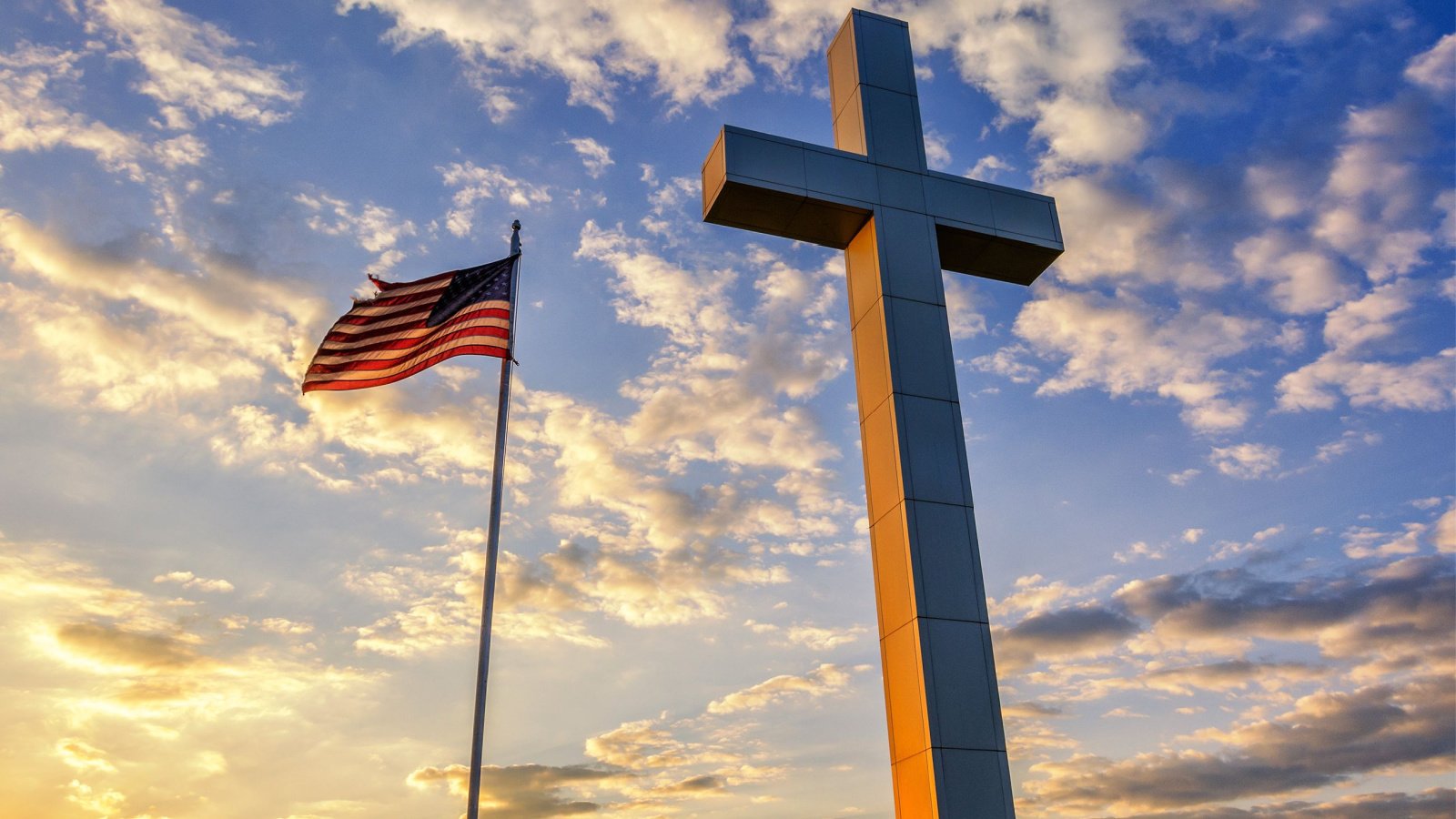
Amidst the growing tension, voices from Trump’s campaign, notably Karoline Leavitt, demand a public apology from Biden. They argue that the proclamation detracts from Easter’s singular focus on Jesus Christ’s resurrection, viewing it as an affront to Christian and Catholic traditions across the nation.
Rising Political Backlash

House Speaker Mike Johnson joined the chorus of disapproval, condemning the proclamation as a direct affront to the essence of Easter. Through social media, he expressed his dismay, labeling the act as both “outrageous” and “abhorrent,” reflecting the deepening divide.
White House Defends Position
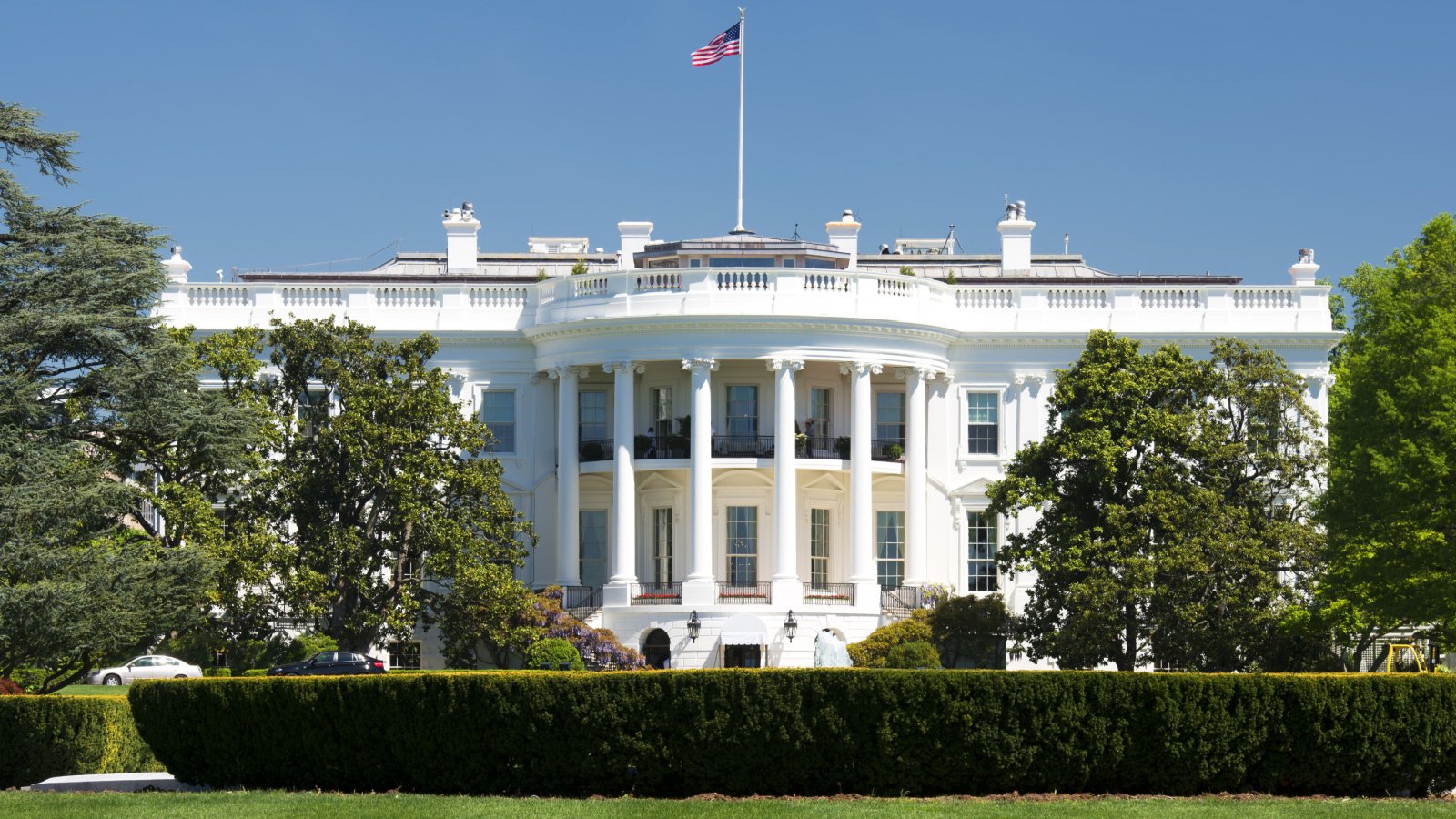
In response to the growing critique, White House spokesperson Andrew Bates stood firm, denouncing the opposition’s attempts to foster division. Bates highlighted Biden’s personal commitment to his Christian faith and his unwavering respect for the dignity of every American, regardless of political maneuvers.
A Dual Celebration?

The advocacy group GLAAD has weighed in, advocating for the possibility of dual celebrations: recognizing Transgender Day of Visibility while also embracing the joy and hope of Easter. They point out the unfortunate timing this year as a politicized attempt to overshadow Easter’s message.
Presidential Support for Trans Rights
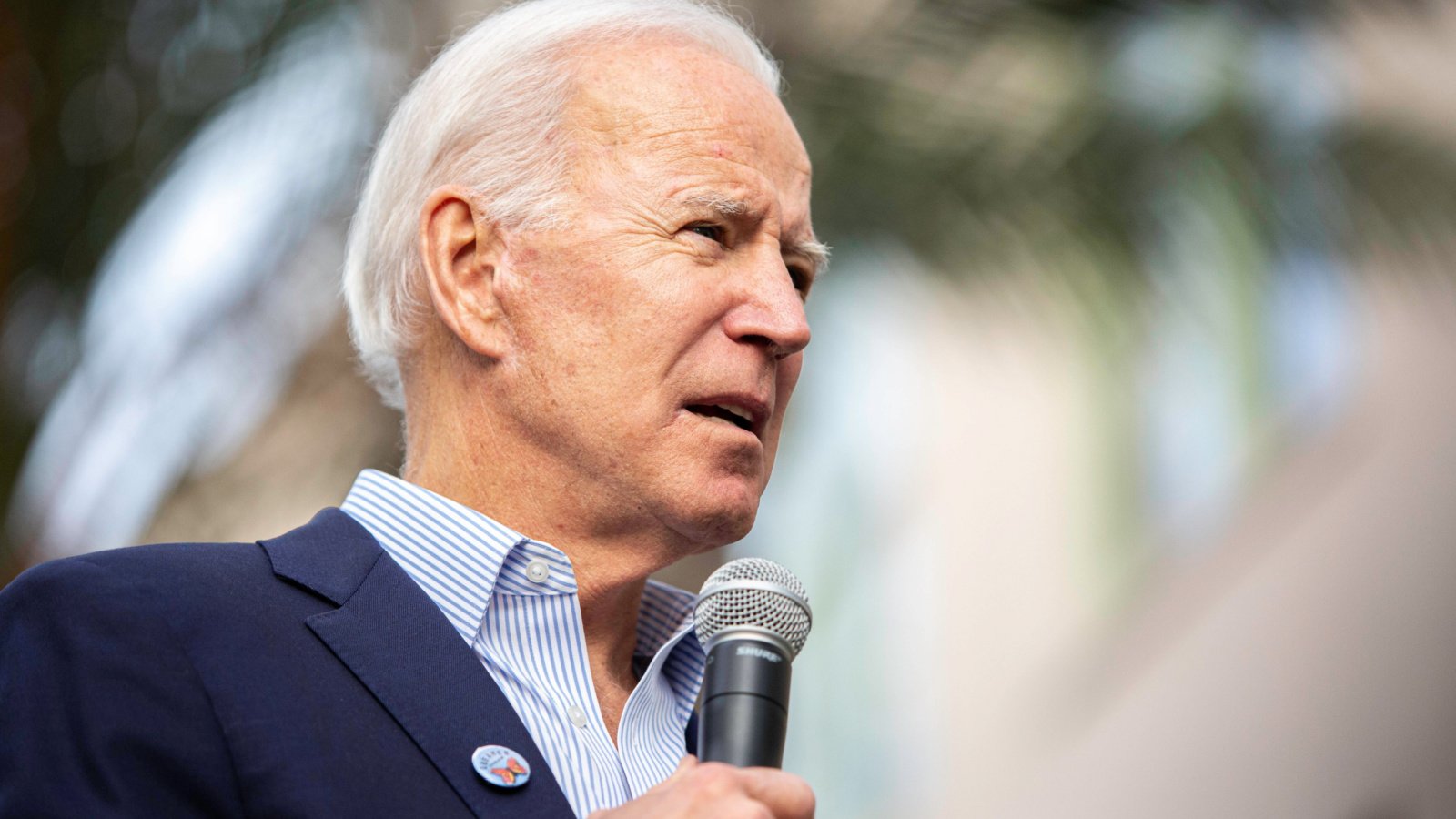
Biden’s proclamation isn’t his first gesture of support for the transgender community; since 2021, he has used his platform to advocate for visibility and rights. This year, the overlap with Easter has brought additional scrutiny and controversy, particularly from those questioning his dedication to his faith.
Biden’s Catholic Faith

Joe Biden’s Catholic faith is no secret; he frequently attends Mass and speaks openly about the influence of his beliefs on his moral compass. His encounter with Pope Francis in 2021 reinforced his standing as a “good Catholic,” in spite of the political controversies surrounding his stances on certain issues.
A Contentious Stance
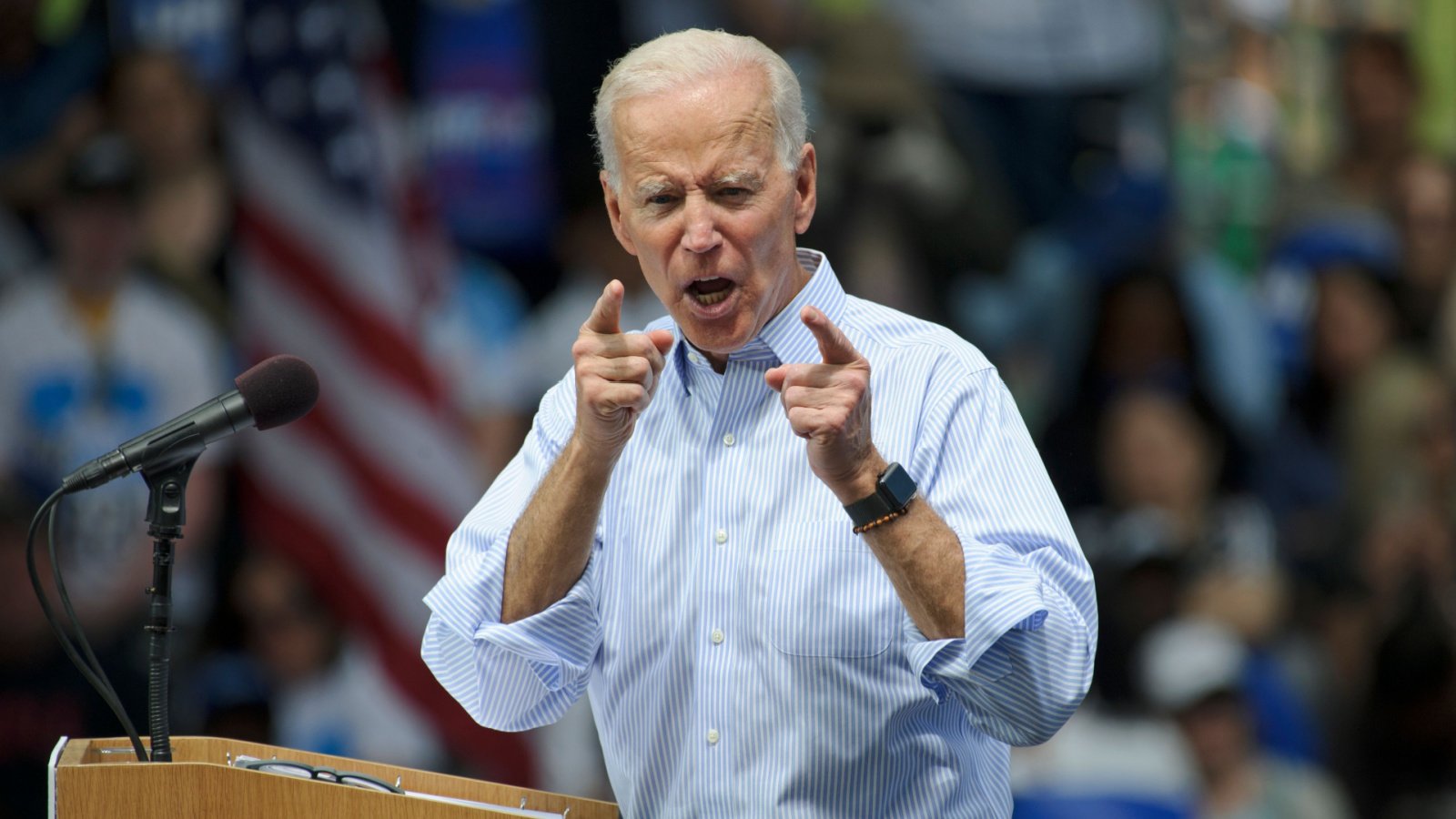
Biden’s advocacy for issues like gay marriage and abortion rights has inevitably positioned him at odds with conservative Christian groups. These contentious issues highlight the delicate balance between his political policies and religious convictions.
A Clash of Traditions

The clash between Biden’s proclamation and Easter Sunday showcases the ongoing tension between progressive policies and traditional religious beliefs. It reflects a broader societal debate on the intersection of faith, identity, and politics.
An Apology Demanded
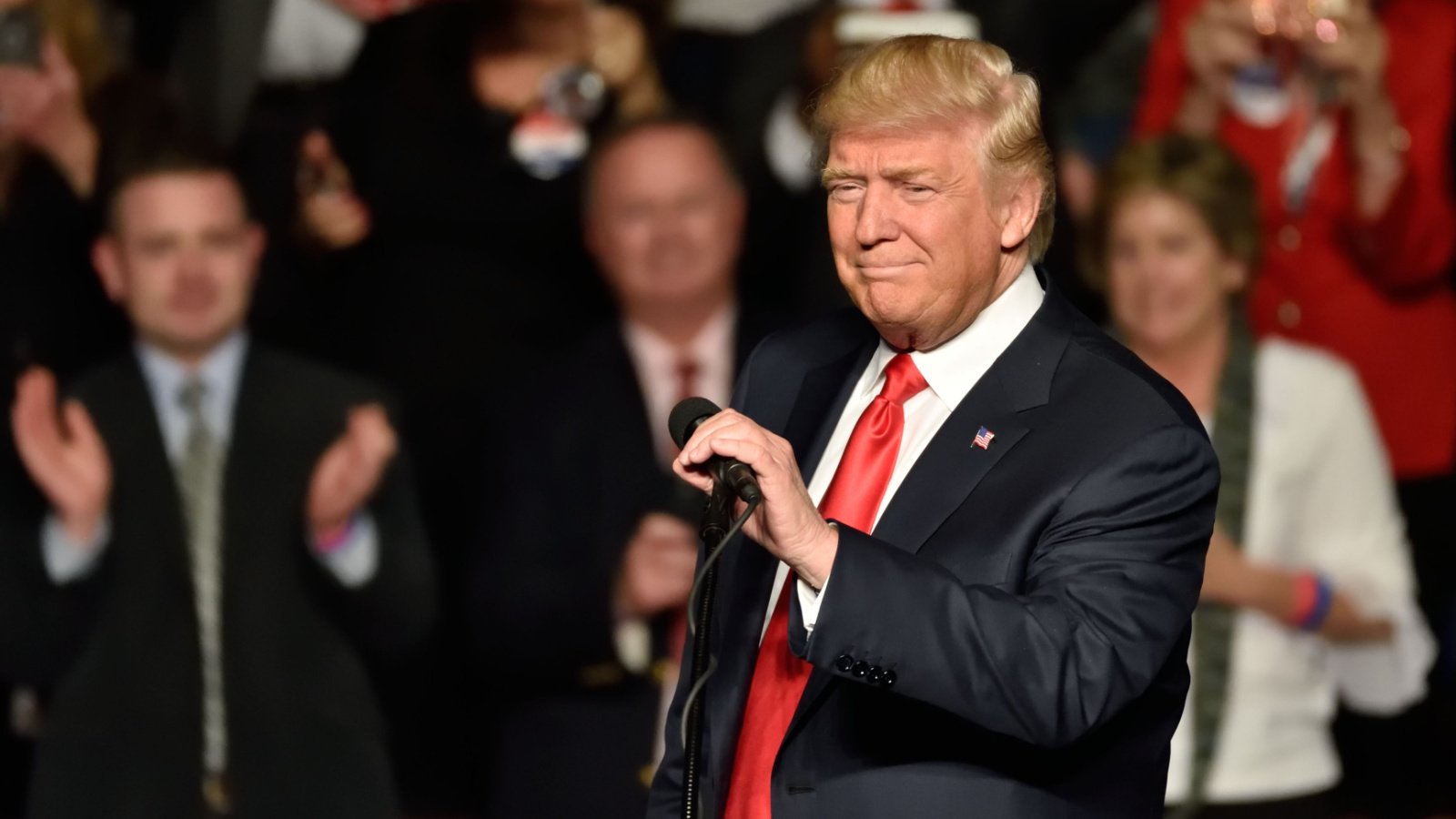
Trump’s campaign’s call for an apology underscores the politicization of religious observances and identity politics. It represents a demand for acknowledgment of the perceived oversight of traditional Christian values.
Political and Religious Divide

The backlash from conservative circles signals a deeper political and religious divide, challenging Biden’s attempts to navigate these complex waters. The criticism points to a broader question of how political leaders should balance religious traditions with advocacy for marginalized communities.
Unity or Division?
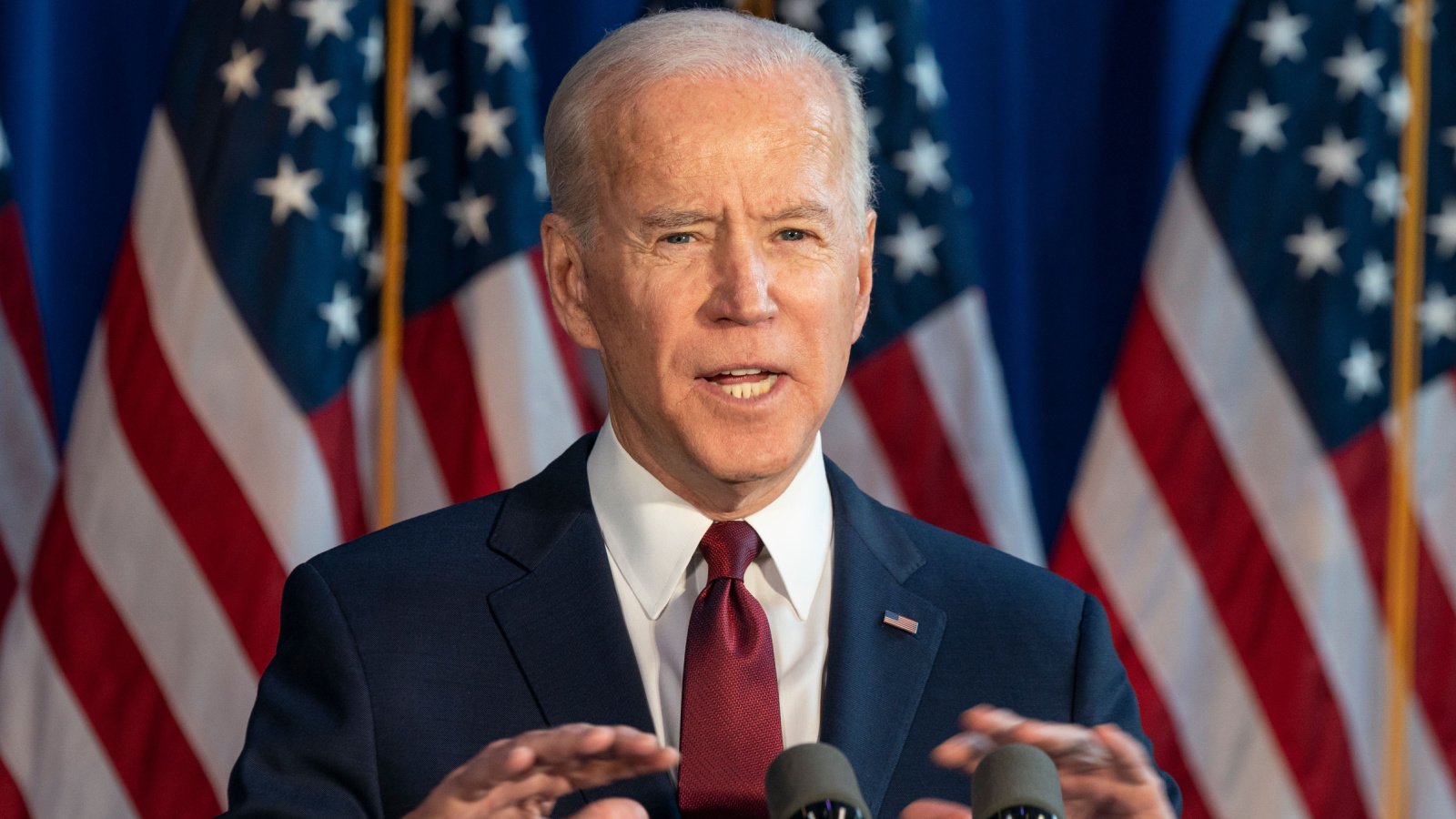
The White House’s response to the controversy attempts to reframe the debate around unity and respect for all individuals. Bates’s statement emphasizes Biden’s commitment to inclusivity and respect for religious traditions, striving to bridge the divide.
The Significance of Proclamations
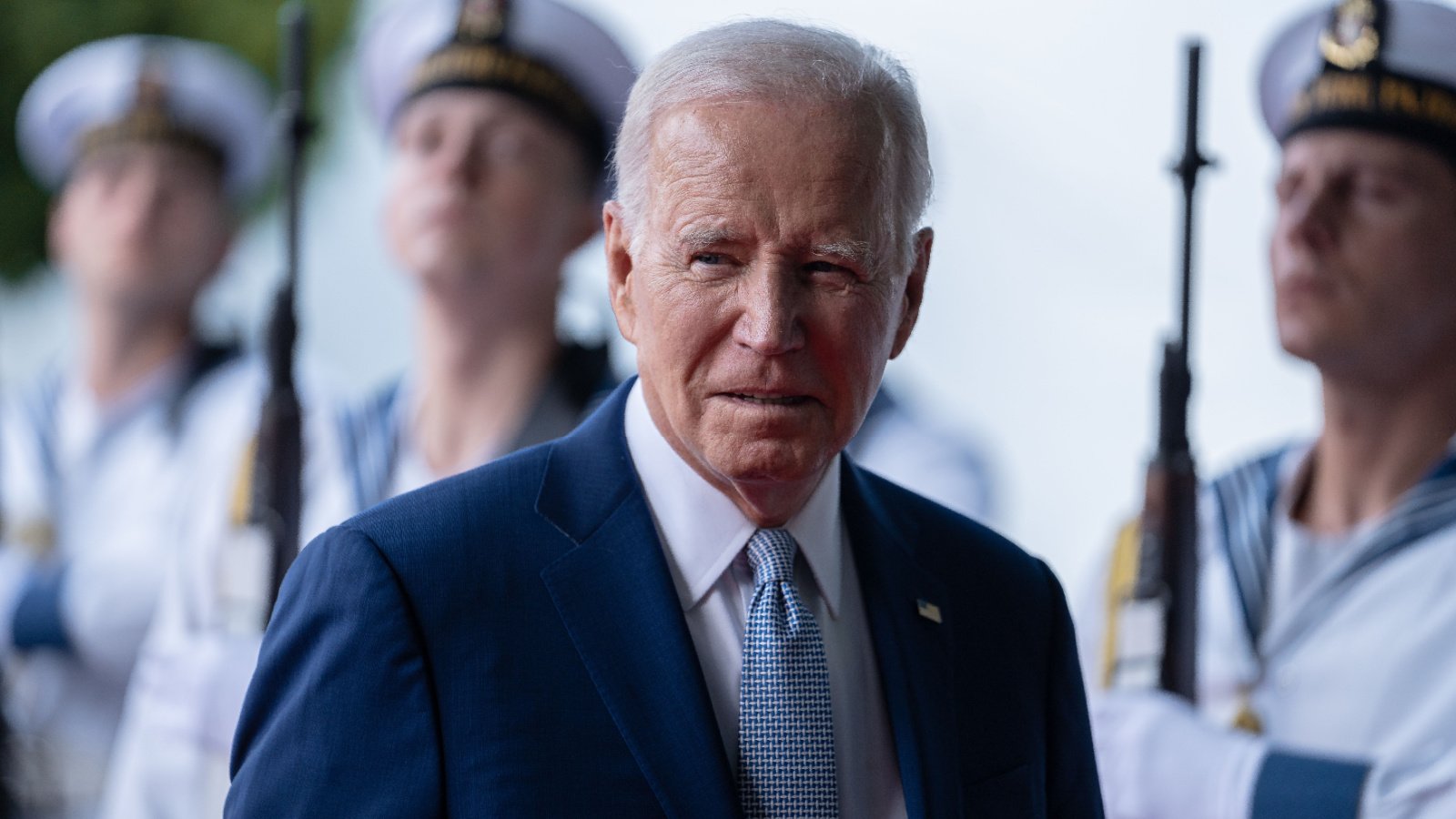
Presidential proclamations, such as the one issued by Biden for Transgender Day of Visibility, serve as more than just symbolic gestures. They reflect the administration’s policy priorities and societal values, underscoring the importance of visibility and recognition for marginalized communities.
Faith in the Public Sphere

Biden’s public display of faith and its influence on his policy decisions highlight the complex role religion plays in American politics. It underscores the challenge of governing a diverse nation while staying true to personal convictions and navigating the expectations of various constituencies.
Navigating Controversies

The controversy surrounding the Transgender Day of Visibility proclamation on Easter Sunday reflects the ongoing challenges faced by political leaders in addressing issues of identity, religion, and inclusivity. It exemplifies the delicate balance between advocating for human rights and respecting religious traditions, a tightrope Biden continues to walk in his presidency.






